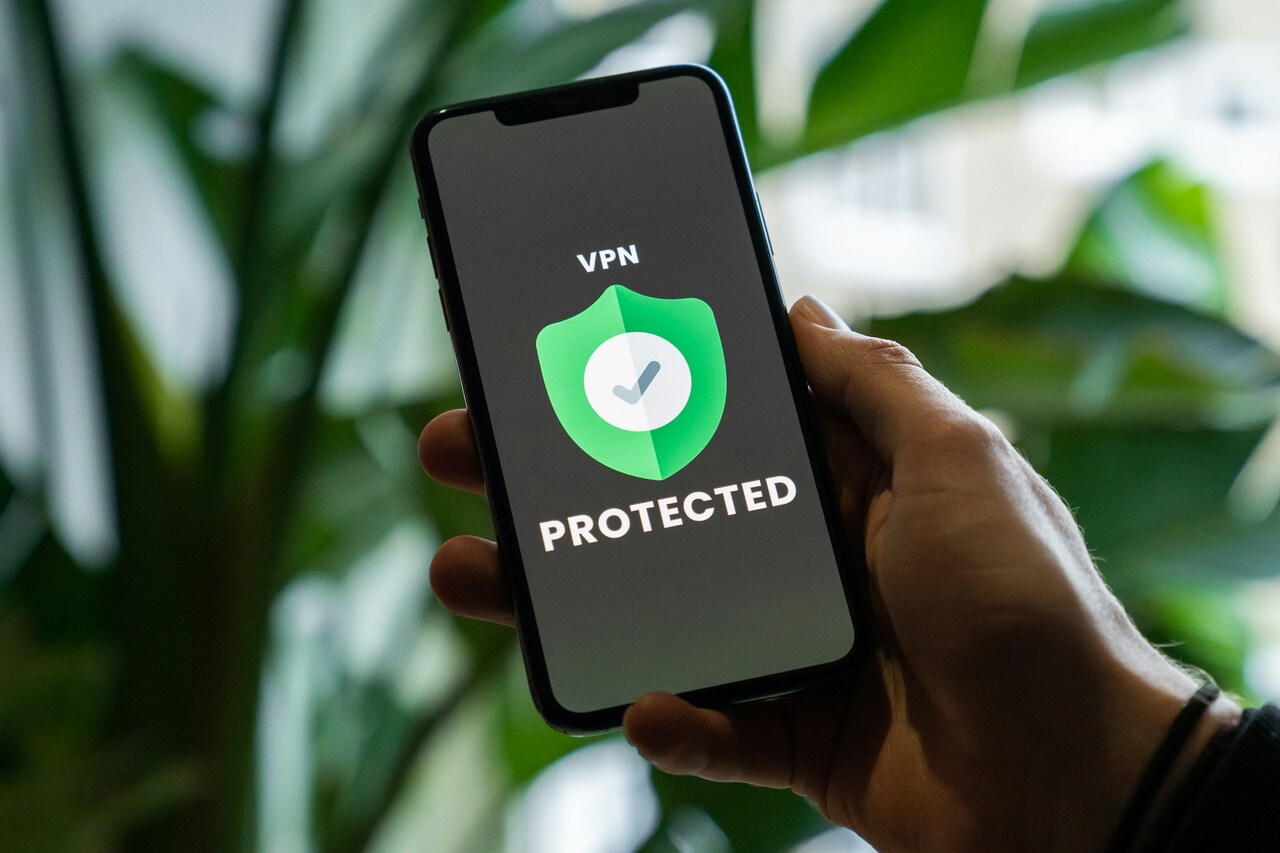Healthcare cybersecurity goes far beyond safeguarding data — it’s crucial for ensuring every aspect of patient care continues without a hitch. When you think about it, the information protected is incredibly personal and sensitive, directly affecting the quality and continuity of care you receive.
So, it’s not just about keeping numbers and facts safe — it’s about preserving the integrity of health care services and guaranteeing that when you need care, it’s available, accurate and uninterrupted. This approach to cybersecurity ensures your trust in health care providers is well-placed and they can offer you the highest standard of care possible.
The Role of Healthcare Cybersecurity
In health care, data isn’t just a collection of numbers and facts — it’s the backbone of patient care and operational efficiency. Your medical records, treatment histories and appointment schedules ensure you receive timely, accurate and personalized care.
Imagine health care providers having instant access to your complete medical history at the click of a button, enabling them to make informed decisions that directly impact your health and well-being. This seamless flow of information makes modern health care so effective but puts much at stake if this data falls into the wrong hands.
Unfortunately, the health care sector has become a prime target for cybercriminals, with the industry reporting the most expensive data breaches in 2023, averaging $10.92 million per breach. These numbers represent a direct threat to patient safety and trust. When threats compromise sensitive health information, it can lead to misdiagnoses, treatment delays and financial fraud.
It makes robust cybersecurity measures a technical necessity and a critical component of patient care. Protecting this data ensures that health care remains safe, reliable and efficient, which keeps the focus on you and your health.
Advancements in Healthcare Cybersecurity
The healthcare cybersecurity landscape is rapidly evolving, thanks to recent technological advancements. AI and machine learning are at the forefront, offering predictive analytics to identify and neutralize threats before they can harm preemptively. Imagine a system that learns from every attempted attack, becoming smarter and more efficient at spotting potential dangers.
Blockchain technology is revolutionizing how patient data is stored and shared. Creating secure, immutable records that ensure your data is recorded. It can’t be altered or deleted without authorization, making it a fortress against data breaches.
Implementing these technologies to safeguard health care data involves a blend of strategy and innovation. For example, hospitals and clinics deploy AI-driven security protocols to monitor their networks in real-time, immediately identifying and isolating suspicious activities.
Moreover, blockchain secures the exchange of medical records across different health care providers. It guarantees only those with the proper permissions can access your information. This approach enhances the security of sensitive health information and improves the efficiency of health care delivery. It guarantees your care providers have what they need, when they need it, securely at their fingertips.
Impact on Patient Care
Enhanced healthcare cybersecurity translates directly to more reliable and efficient patient care systems. Consider the 493 million ransomware attacks detected worldwide in 2022, a clear indicator of the cybersecurity threats organizations face.
When cybersecurity measures are robust, these threats diminish significantly, which reduces the likelihood of system downtimes and operational disruptions. This means the systems that manage your health records, appointment schedules and treatment plans are less likely to suffer interruptions.
Consequently, providers can offer continuous care and ensure your treatment progresses without unnecessary delays or complications. It’s a scenario where more robust defenses protect data and directly support the uninterrupted delivery of health care services.
Moreover, cybersecurity enhancements have been a boon for telemedicine services, especially vital in extending health care access to remote areas. With secure telemedicine platforms, you can consult with health care professionals from the comfort of your home without worrying about the privacy of your medical discussions or the security of your data.
This secure access is particularly crucial in regions where traditional health care facilities may be hours away or inaccessible due to various barriers. Safeguarding these digital health care services against cyberthreats allows providers to ensure more people can receive timely medical advice, consultations and follow-up care. This digital leap in health care expands the reach of quality care to every corner of the globe.
Patient Trust and Health Care Delivery
Your trust in your health care provider is fundamental and significantly influenced by how securely they handle your personal health information. For instance, cybercriminals compromised over 51 million health care data records in the U.S. in 2022. Such breaches expose sensitive personal information and can severely erode trust between patients and health care institutions.
When perpetrators compromise your data, it’s natural to question the competency and reliability of your health care provider. It’s why an institution’s cybersecurity posture is not just a matter of technical importance but a cornerstone of patient trust. Secure handling of patient data signals respect for patient privacy and a commitment to providing safe, dependable care.
Further, enhanced cybersecurity measures are a strong foundation for building and maintaining this trust. When health care providers invest in advanced security technologies and practices, it reassures you that they treat your health information with the utmost care. This assurance can improve patient satisfaction and foster a positive relationship between you and your health care provider.
A secure and trusting environment encourages more open and honest communication, which is crucial for accurate diagnoses and effective treatment plans. Ultimately, when you have confidence in your provider’s ability to protect your data, you’re more likely to engage fully in your care.
Challenges and Future Directions
Healthcare organizations face the daunting task of keeping pace with rapidly evolving cyberthreats and seamlessly integrating new technologies into their existing systems. It’s like running a never-ending race, where the finish line constantly moves further away.
Future trends in healthcare cybersecurity include more sophisticated use of AI and machine learning to predict and neutralize threats before they manifest. Likewise, it involves the broader adoption of blockchain to ensure the integrity and privacy of patient records. These advancements promise to fortify the defenses against cyberattacks and streamline patient care.
Thanks to these cutting-edge technologies, imagine a world where your health care experience is utterly secure and remarkably efficient. It could mean faster access to your medical records, more personalized treatment plans and a health care system that’s as resilient as it is responsive.
Securing the Future of Healthcare Cybersecurity
The health care sector must invest in cybersecurity measures to protect patient information and ensure uninterrupted care. Stay informed and proactive in adopting the latest cybersecurity advancements. It’s the best way to enhance patient care and maintain trust in health care systems.
Recent Stories
Follow Us On
Get the latest tech stories and news in seconds!
Sign up for our newsletter below to receive updates about technology trends














